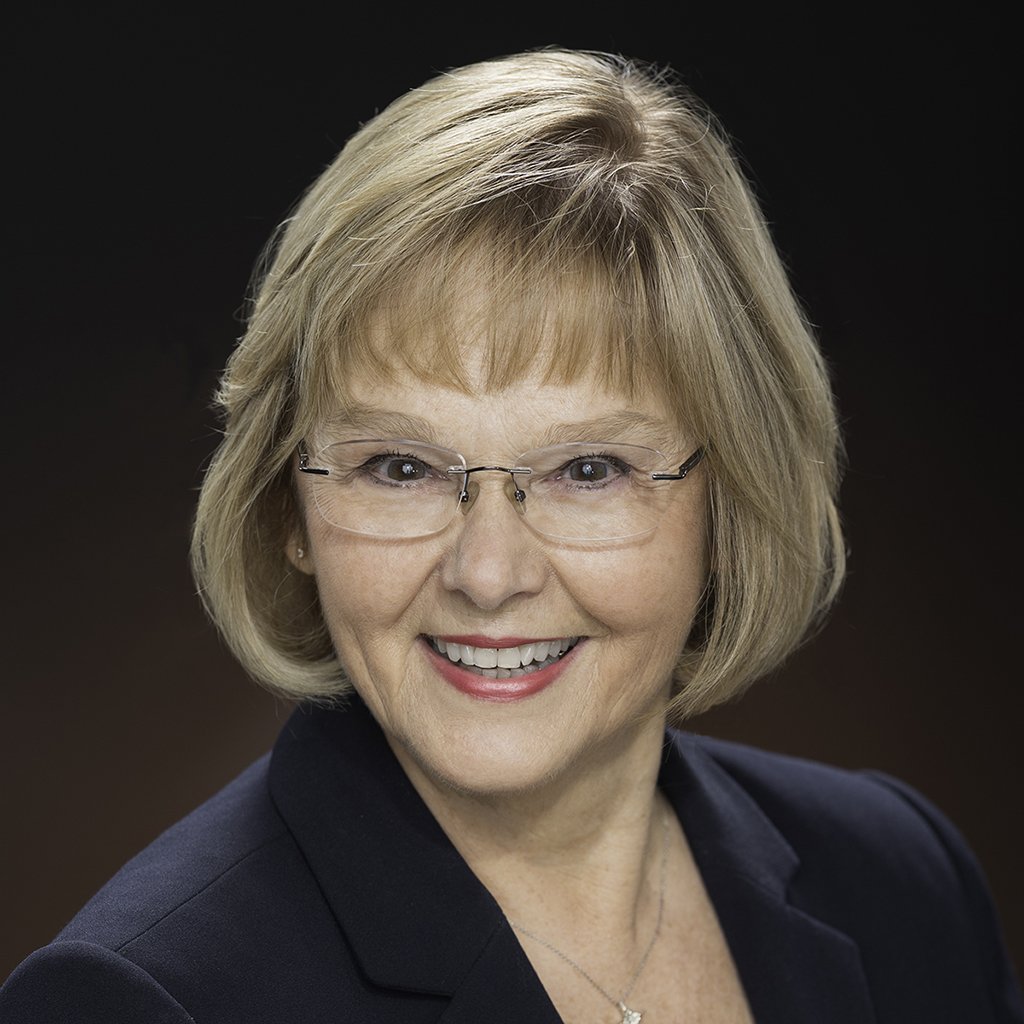The election of 1890 in Michigan not only established Edwin B. Winans as Governor but also resulted in a Democratic House and Senate. The new majority had the votes to pass anything they wanted. One of the first pieces of legislation they passed was the Miner Law, named after State Representative John Miner of Detroit.
Before the Miner Law, the presidential candidate winning the majority in the general election received all 14 electoral votes from the State of Michigan. The 1891 Michigan Legislature and the Governor, Edwin Winans, did not support this method as it disenfranchised the minority. If 49% of the State voted for the candidate in the minority, their votes essentially did not count.
To yield a more “exact expression of the preferences of the people,” the Miner law established that in 12 congressional districts, the voters of each district would elect one elector. Then two separate districts were established; each district was composed of six congressional districts, and the voters of each were to choose an additional elector. The State was entitled to a total of 14 electors.
Edwin Winans was firmly in favor of the Miner Law. He argued his reasons in support of the law in the North American Review. First, the Constitution of the United States provides, “Each State shall appoint, in such manner as the legislature thereof may direct, a number of electors equal to the whole number of Senators and Representatives to which the State may be entitled in the Congress.” The method of choosing electors differed from State to State. In some states, the legislators picked the electors; in some, it was by popular vote in a general ticket, and others by district. There were different ways to set up districts as well.
Edwin gives several reasons in support of the bill. When the Constitution was written to include an electoral college, the presidential electors were not pledged to a specific candidate. They were free to choose the candidate who reflected the desires of the section they represented. Often, electoral votes were split between candidates. Governor Winans argues that if the intent was for a state’s votes to go to one candidate, there would be no need to appoint electors. “The Presidential votes of a State could then have been cast by one officer as well as twenty.”
By choosing electors based on the result of a general election, the majority decides even when the minority may represent 49% of the State. Therefore, if districts chose the electors, the votes would be equitably divided.
To those who argued that splitting up the electoral vote weakened the political power of the State, Edwin said, “If popular sentiment in a State is divided her electoral vote ought to be divided whatever the result.”
Another argument was that the districts could be gerrymandered. The district lines were established to the benefit of one party. To that, Edwin said, “But if we condemn the gerrymander because it lessens the representation of the minority, what is to be said of a system which excludes the minority from any representation whatever? Yet this is the exact result attained by choosing Presidential electors on a general ticket.”
The argument made by Edwin Winans in the North American Review (see Appendix B) gives you, the reader, an excellent impression of him, of how he thought and why he fought for the bill.
The bill was passed in 1891 was appealed to the Supreme Court of Michigan and found to be constitutional. However, the next administration passed a law negating the Miner Law.
This topic is as relevant today as it was in the 1890s. Some agree with Edwin Winans that we should get rid of the Electoral College because it doesn’t represent the authentic voice of the people. Still, one of the reasons for the College was to offset the tyranny of the majority. Without an Electoral College, the states with the largest populations would run the country, and the minority views would be ignored. What is good for New York or California is not necessarily good for Michigan.
The Miner Law appeals to many in Michigan because in a Presidential election, our biggest city, Detroit, carries the State, and often, the Upper Peninsula votes for the opposite candidate or policy. The minority vote in the northern part of the State is thus nullified.
I wish we could bring back the Miner Law to provide more equity in the system. Today, our polarized political parties would never allow a Miner Law. Both parties are more concerned with political power than they are a better-represented constituency.

